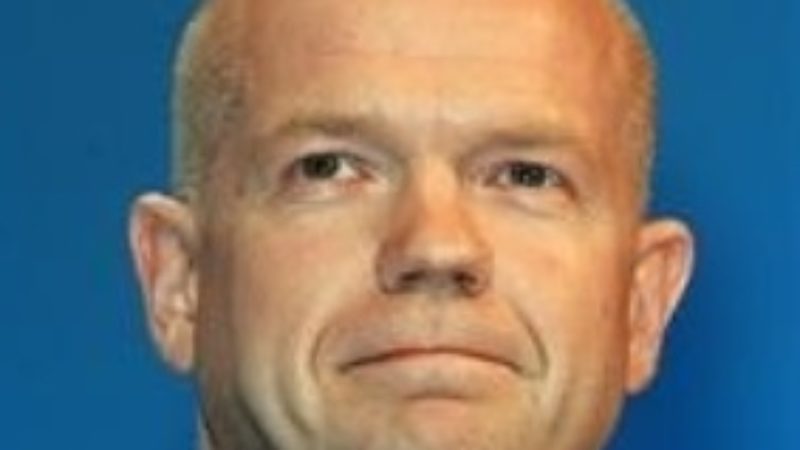
The UK doesn’t have much experience of ‘renegotiation’ with its European partners. We have only been there before when Labour was holding the reins of government. Despite the issues being different, it’s worth looking at James Callaghan’s experience as Foreign Secretary of renegotiation and what may lie in store for William Hague if he has to do the same.
Although Harold Wilson put Minister of State for Foreign Affairs Roy Hattersley ‘nominally’ in charge of the renegotiation, Callaghan did a lot of heavy lifting. He hated the experience. The discussions were long and tedious. It was a highly technical grind into the minutiae of certain aspects of the UK’s membership. Sunny Jim learned far more about the price of New Zealand butter than he probably ever wanted. He said he felt like a ‘multiple grocer’.
When the Cyprus crisis of 1974 broke out (a coup in Cyprus threatening war between Greece and Turkey and the collapse of NATO’s western flank), Callaghan had a major role. He jumped at the chance to get involved with vim and vigour. It gave him a break from the drudgery of renegotiation. While this gave him a chance to avoid discussing butter he found the talks to avert war a tough slog, to the extent that he wrote to Wilson, ‘I much prefer the National Executive Committee’.
Like Hague, Callaghan was quite cool on the European project and wanted to examine some of the key tenets of Britain’s involvement. While he didn’t mind parts of economic collaboration, he was ‘agnostic’ on general European issues. Callaghan gave Foreign Office officials copies of the Labour Party February 1974 manifesto so they would know which policy to follow. Fundamental renegotiations that would look at the Treaty of Accession were on the cards but against the wishes of officials and didn’t really happen.
Callaghan approached renegotiation in an aggressive fashion. His first speech on the matter slated prospects for monetary union, the idea of a ‘European Union’ and the Common Agricultural Policy. It said Britain would need to focus on trade with developing countries in the Commonwealth and the European Community budget would need to be changed. Unsurprisingly, there was a harsh response from European capitals. The exception was the German leadership who viewed this approach as coming from Callaghan’s background as a trade union negotiator – he was putting all his cards on the table at the start as forcefully as possible and would work towards an accommodation from there. Nonetheless, Le Monde wrote that it thought Britain’s withdrawal from the EU was inevitable.
There were also internal party management issues to deal with. The two ministers appointed by Wilson to help Callaghan in Brussels were on completely different sides of the European debate. Roy Hattersley was strongly in favour and Peter Shore, Secretary of State for Trade and Industry, loudly against. As negotiations wore on Callaghan developed stronger relationships with other European politicians and as a result started to face criticism from Shore and Tony Benn. Leading Benn to write in his diaries, somewhat predictably, that Callaghan has ‘sold out’ on British sovereignty.
On conclusion of renegotiation in 1975, Callaghan regarded himself as having secured good positions for the UK on economic and monetary union, control of capital movements, harmonization of VAT and regional policy, and improvements in commonwealth trade, in particular on sugar. On the negative side, he didn’t think he did enough for New Zealand, exemptions for butter and cheese ran up against Dutch and Danish opposition, and didn’t have the guarantee he wanted on reducing Britain’s budget contributions.
So is this what we can expect for Hague? A strong aggressive start, moving on to some accommodation and inevitable claims that he sold out from members in his own party? It seems likely. Will he get bored at any point: definitely.
John Clarke writes at johnmichaelclarke.wordpress.com



More from LabourList
‘History and poll leads suggest Labour can be bolder, even if it costs some votes’
Labour warned ‘ethical foreign policy’ inevitably sparks charge of ‘hypocrisy’
Sarwar: ‘Humza Yousaf’s leadership is in tailspin. The time for change has come’